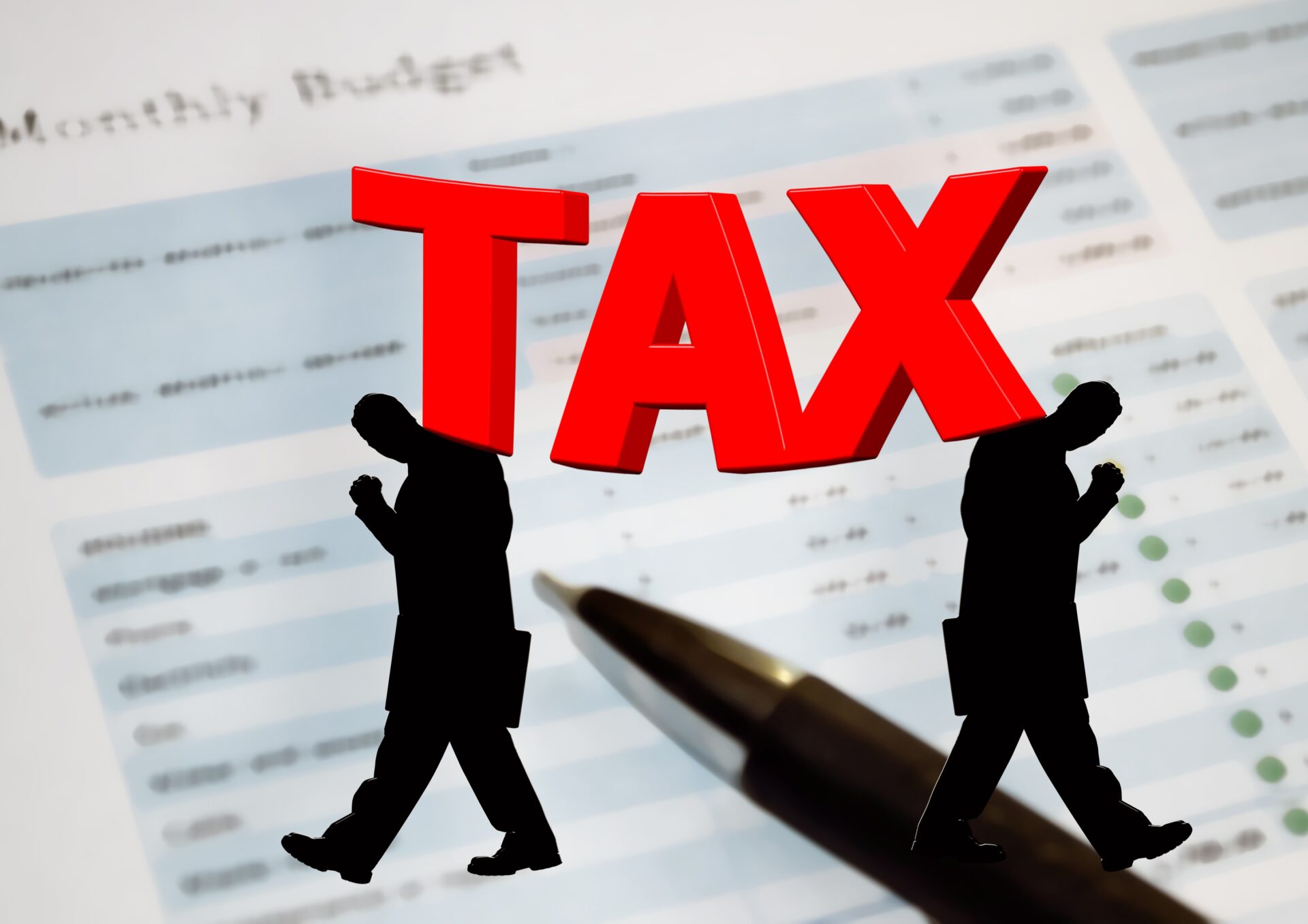Finding the Right Tax Professional to Help
by Mashum Mollah Finance Published on: 21 July 2018 Last Updated on: 21 October 2024

Tax time can mean endless forms that seem like they’re written in a different language, confusing terminology, and the stress that comes with a potential bill. Not everyone receives a hefty tax refund and filing incorrectly or not at all can cost you thousands of dollars that you might otherwise be entitled to.
If you’re not an accountant or a finance expert, there’s a good chance that you’ll need to find professional tax help. Your situation will determine the type of tax professional that you need to hire or consult with. There’s a big difference between needing your taxes prepared and needing help with tens of thousands of dollars in tax debt.
Should You Prepare Your Own Taxes?
There are so many programs and brick and mortar services that offer different levels of tax preparation. A lot of people with fairly straightforward taxes will use one of these or try to do their own tax prep using the IRS’s free online filing option. This may sound like a great idea because it’s simple and won’t break the bank, but it can also leave out valuable deductions and exemptions that can significantly boost your refund amount.
The IRS is pretty diligent and will catch any mistakes or discrepancies on your tax paperwork. This can mean fees, penalties, and even legal issues if they believe that the information was reported incorrectly on purpose. In other words, if you aren’t absolutely sure that you can prepare your taxes right the first time, find a tax professional who can help.
For Tax Preparation :
Some people choose to go to a commercial tax preparation service every year, while others may develop a working relationship with a private Certified Public Accountant (CPA). Your finances will determine the level of help that you need. It’s a good idea to research your options, including:
Enrolled Agents:
These are educated tax preparers licensed and trained by the IRS. They complete required programs that teach them to navigate the tax preparation process and undergo 72 hours of additional training every 3-years. In order to receive their certification, EAs must pass an exam proving their qualifications. Most of these professionals will pick one field to specialize in. They aren’t as knowledgeable (or as expensive) as CPAs, but they can handle complex filing issues when necessary.
Certified Public Accountant:
CPAs have gone through 2-4 years of college for accounting and financial subjects. These are the experts that can handle the complexities of small business financing and who work for larger corporations. CPAs can charge hundreds of dollars an hour, so make sure that you’re prepared to pay. They can also communicate directly with the IRS on your behalf and deal with certain IRS collection tactics.
Annual Filing Season Program Participants:
These are most likely the preparers you find in commercialized tax prep services. They have to take 18 hours of continuing education and are seasonally certified to prepare taxes for others. While these individuals can’t speak to the IRS on your behalf, they can complete simple tax services accurately. They’re also one of the most cost-effective options for those who can’t pay CPA prices.
For Tax Disputes or Problems :
This is where choosing your professional really matters. The IRS can use aggressive collection methods that can result in you losing everything. They have the power to bypass the legal system in order to take immediate possession of your property and assets. You can wake up one day to find your entire bank account wiped out and frozen, or a lien placed on your house. This can be scary for those who don’t know how to navigate the tax world.
IRS debt doesn’t usually happen if you work with trained professionals when filing your taxes, but if you forget to file or make an error—it can be financially devastating. You should receive a certified letter explaining the amount owed or asking that you submit to an audit. Do not file this in the garbage can. Call the numbers, communicate, and try to stop a small problem from turning in to a huge one.
It doesn’t take the IRS long to compound your original debt, and penalties combined with interest rates can get ugly. It’s not a good idea to take on the IRS by yourself, and contacting one of these tax relief professionals can help:
Tax Attorney:
A tax attorney specializes in the laws related to the US tax system and the IRS. They know how to navigate and resolve intimidating tax issues and can represent you to the IRS and negotiate on your behalf. Multi-million-dollar corporations usually retain tax attorneys and they are only necessary for extreme circumstances. In other words, exhaust your other options and don’t hire an attorney for an issue that could be cleared up by a CPA.
Taxpayer Advocate:
Many taxpayers don’t know that this professional exists, but your taxpayer advocate is a great source of information on the IRS and their collection policies. These are independent employees that work objectively within the IRS to make sure that rights of the taxpayers are being respected. Yes, there’s a taxpayer bill of rights and it’s something that everyone should learn more about. If you feel that you’re not being treated fairly, you can contact your taxpayer advocate and they can give you advice.
CPAs can also resolve many major issues with the IRS and are usually the first ones to seek out when there’s a problem. Do your homework and scour the .gov website for information on the offer and compromise and other ways to lower or alleviate tax debt.
Research Your Choices :
Don’t ever agree to pay a company or person for tax relief until you’ve researched their credentials. There are dishonest businesses that will promise you the world and end up costing money with no real results.
Taxes are an annual evil that has to be dealt with. Choose a qualified professional to make sure that you never have to square off against the IRS over debt.
Read Also :



































































































